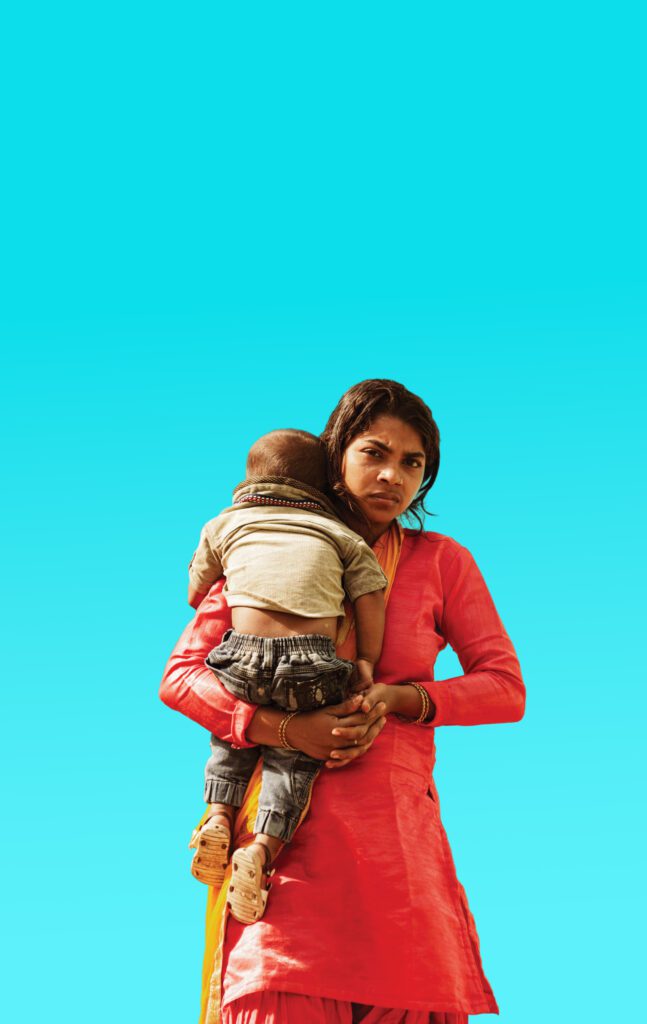
The op-ed by two Republican and two Democratic governors in this morning’s New York Times is a great example of the difference between paralyzed policymaking in Washington D.C. and the ability of governors to rise above partisan dysfunction to get things done. ow.ly/jZTP30h5WSX It is particularly important when on behalf of low-income kids who are the most vulnerable and voiceless of us all.
The Children’s Health Insurance Program the governors are calling on Congress to extend is a life-saving source of health coverage for nearly 9 million poor children. That it was allowed to expire in the first place is an inexplicable and shameful new low in the annals of Congressional inaction.
For the past decade, Share Our Strength has focused its energies on working with governors to enroll kids in federal nutrition programs like school breakfast and the summer meals. And governors of both parties, liberals, conservatives and moderates, in states like Virginia, Arkansas, Nevada, Montana, Maryland, Missouri and others have risen to the occasion and put children first. The results have been phenomenal contributing to a nearly 30 percent reduction in childhood hunger nationwide.
Members of Congress are often preoccupied with institutional imperatives of attaining or maintaining their majority and the power and perks that come with it. They look to party leaders before deciding on a course of action. But governors, while of course sensitive to political considerations, don’t reflexively put the needs of their party ahead of the needs of the citizens they represent. Instead, they have an executive’s reflex for getting things done, rather than just scoring political points.
If you want to find where American democracy still works, not perfectly but surprisingly often and well, look away from the nation’s capital and toward governors and other state and local leaders. Their progress is measurable, their leadership inspiring.


